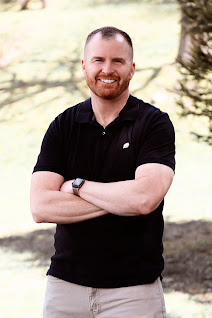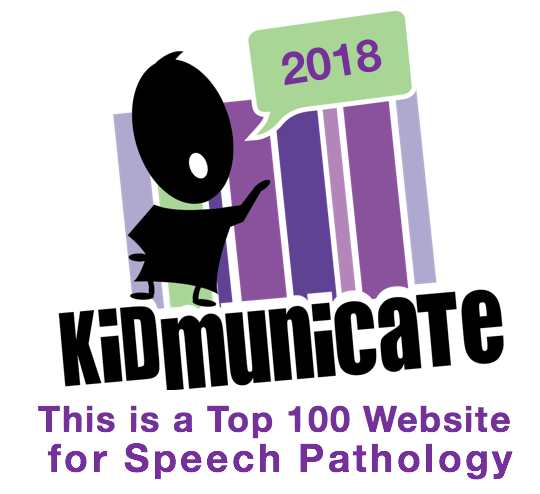I am a little late to this party, having just seen this film on disc, but
The Social Network is still relevant not only because it is sure to be nominated for Best Picture this week, but also as an interesting study in communication that would interest SLPs.
The Social Network is, of course, the story of the founding of Facebook, detailing Mark Zuckerberg's creation (theft?) of this culturally defining website, and the fallout from friends and classmates who claim he stole it from them.
Let's start with the importance of Facebook itself. I recommend SLPs checking out Facebook at least to get to know the interface and culture, because so many of our students will be increasingly using communication tools and social networks. The skills that we teach are relevant to Facebook not only for writing and communicating clearly with "friends," but also for the realm of social pragmatics and how our kids should be interacting online. I don't think we need to "teach Facebooking,"
per se, but it should be in our minds as a current context for communication for many many kids and adults. In some cases, lessons on using online social networks will indeed be totally on point for our students.
I have to say that Facebook has really helped me get the word out about this blog. When I got started, I instantly made a Facebook page (not profile) which would be used to alert "fans" (now people who "Like" the page) of new posts and information. From my small network of SLPs I know personally, the page has grown virally to 500 "Likes." That's a great growth in readership that I couldn't have accomplished without Facebook, and it really speaks to the site's utility as part of our Personal Learning Network (PLN). So thanks for that, Mark Zuckerberg.
 |
| Image from blog.moviefone.com |
Now to Zuckerberg, who may himself be of interest to SLPs. I am definitely not the first person to say it, but watching and listening to Jesse Eisenberg's portrayal of Facebook's founder reminded me acutely of so many of my teen clients who struggle with social-cognitive issues. The character's overall demeanor, prosody, affect, and nonverbals, inability to read and respond to others (after pushing his girlfriend quite a bit too far with his lack of a verbal filter, and hearing she was breaking up with him, he asks "Wait- is this real??"), and rigidity (not being able to deal with a projection of Niagara Falls during a Carribean-themed social)-- it all reads as someone who is sky-high-functioning, obviously, but sets off our radar nonetheless. It was interesting to see that two separate reviews-
The Boston Globe's and
Entertainment Weekly's- actually went as far as to use the word
Asperger's, while Peter Travers of
Rolling Stone talked about it without talking about it, in reference to the breakup I mention above: "...he is driving his girlfriend nuts by avoiding eye contact, juggling a dozen topics at once and ignoring her reaction to virtually everything.
" The real Zuckerberg is notoriously socially awkward,
as you can see for yourself. My point is not that Zuckerberg, in
The Social Network or in real life, struggled so much that he could have used some help from an SLP. I'm definitely not saying that people with social-cognitive deficits are prone to the kind of backstabbing that the Zuckerberg character exhibits in the movie. It's just that it's hard to look at his story, his communication style and decisions as portrayed in the film- which I realize is to some degree fictional- and not view it all through the lens of language, in all its domains.
It's an excellent film, so check it out.






Though the post is showing a long old age and things are now in a great change not only in social networking platforms and even all the sectors from home innovation to business era with the rapid growth of science and technology. Yeah, facebook has become the top most daily part of our life for its different functionality and interaction ability. The importance of facebook you scaled in this post I think very useful and still something in it to pick up. We can create account, page, group, friendship and campaign and lot more options. But one important thing that changed radically is that you can't reach to your targeted audiences without paid campaign. Surely this is the harvest of long waiting business policy by facebook. Now the question how much you can be benefited using it without only like and share work whether is reached to the users or not? My was personally today wanted to gains a sharp idea on when and how to find a hacker if I got my account under threat or suspicious message randomly. Anyway I enjoyed your precious exploration.
ReplyDelete